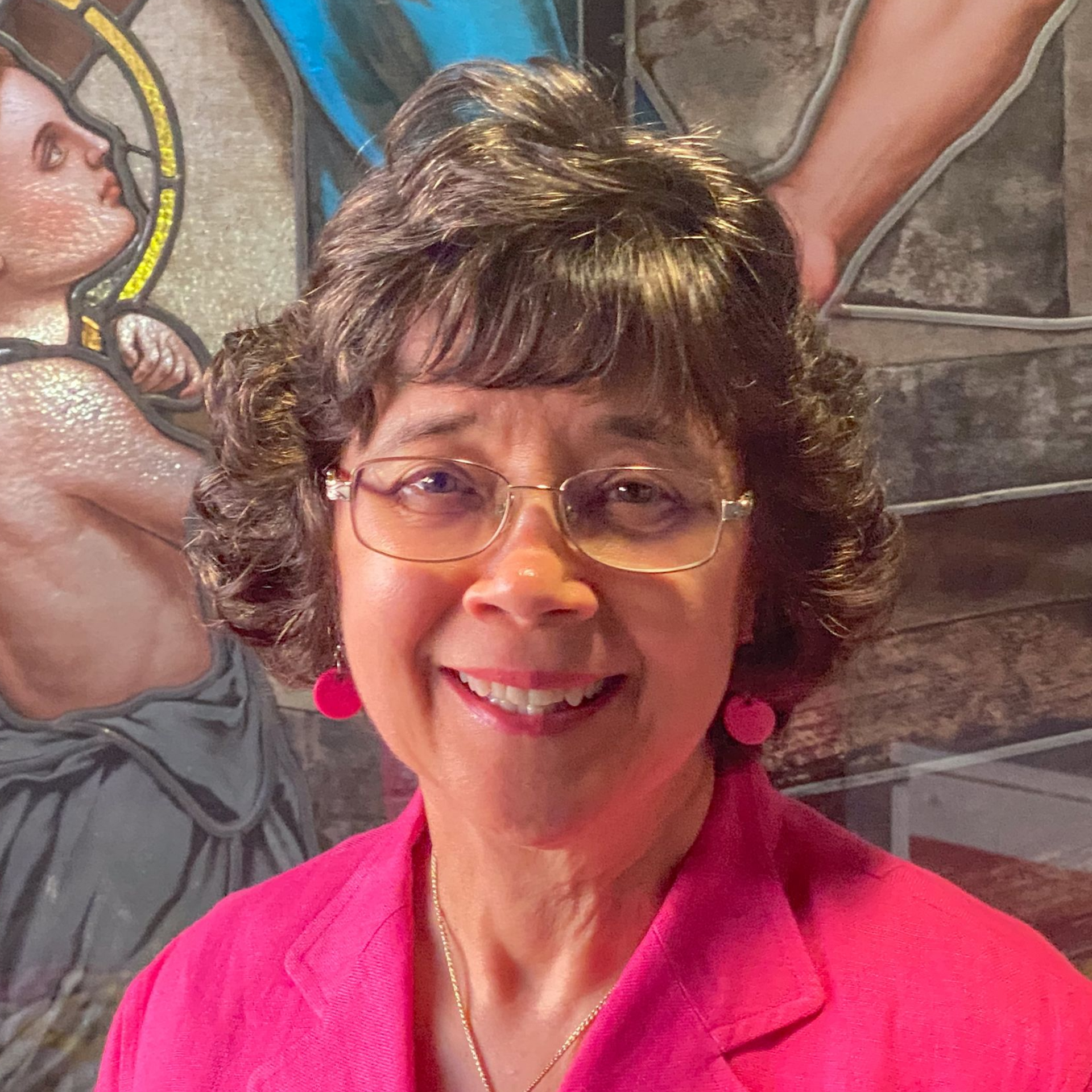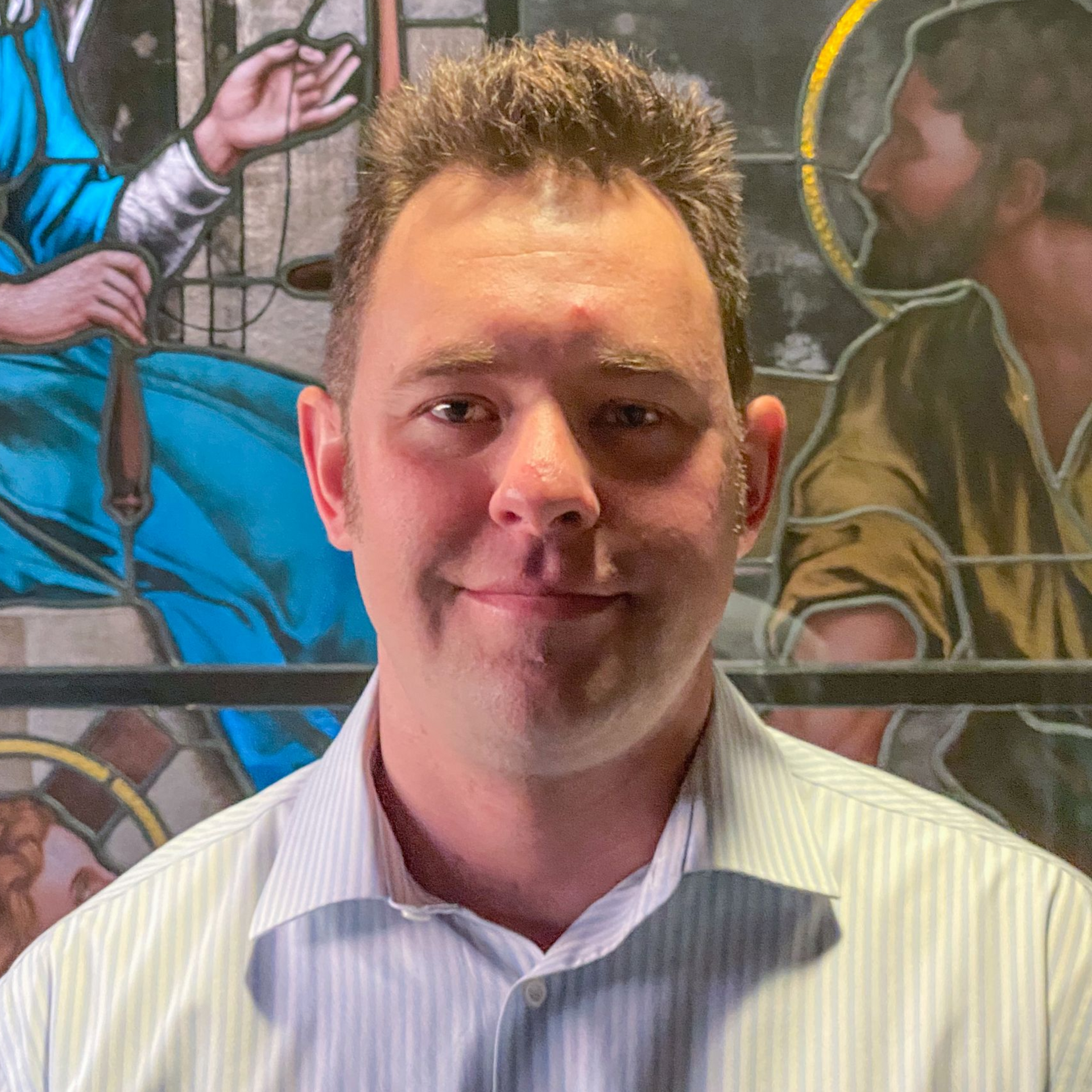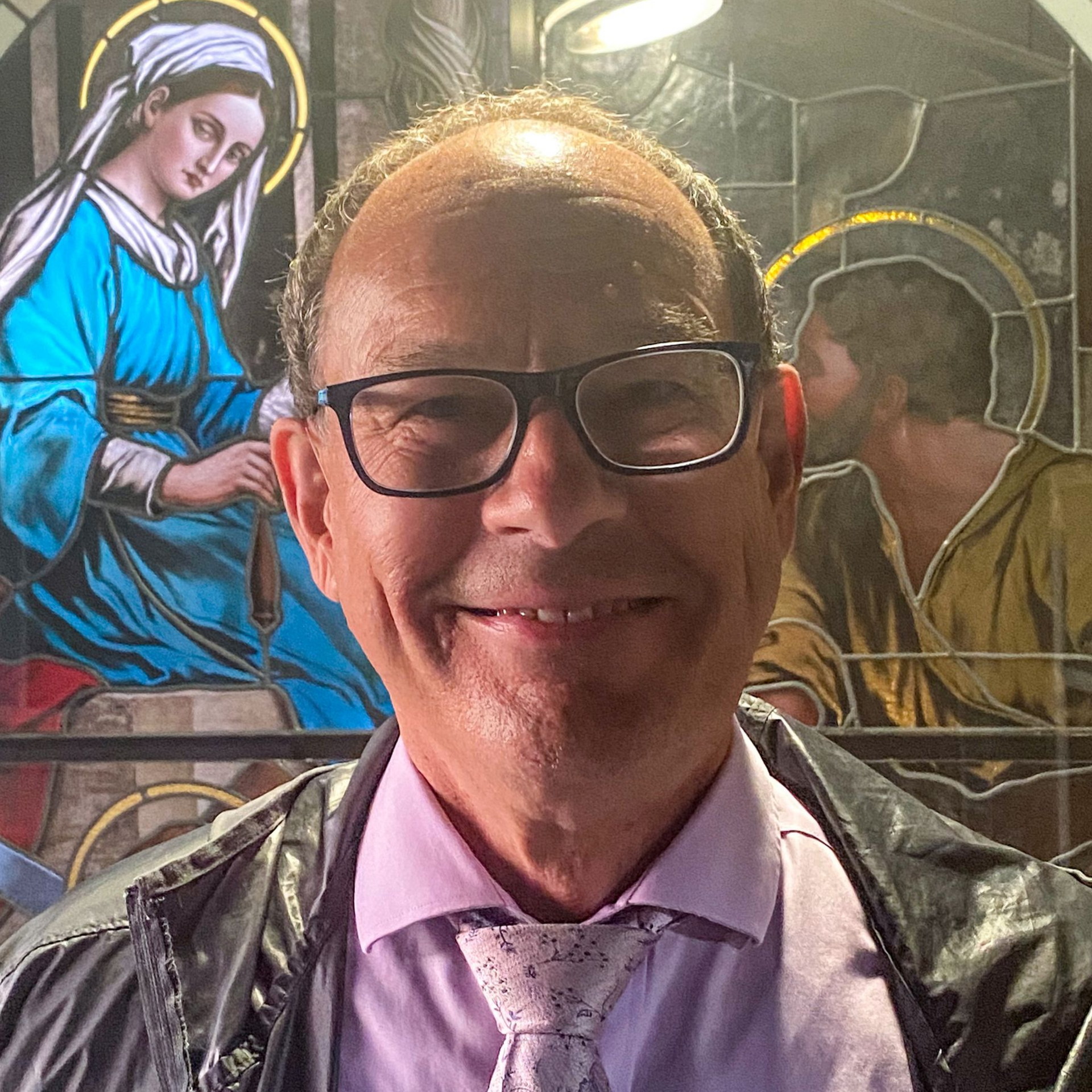Pastoral Council
Our parishes exist to invite people into an intimate encounter with the person of Jesus Christ. Everything we do in parish life ought to be oriented to bringing others into contact with his mercy and love. First and foremost, in the sacraments and the worship of God, but also then in the structures and operating realities of our parishes especially with regards to evangelization and service.
“Over and above places and reasons for membership, the Parish community is the human context wherein the evangelizing work of the Church is carried out, where Sacraments are celebrated and where charity is exercised, all with missionary zeal, which, apart from being an intrinsic part of pastoral action, is a litmus test of its authenticity. In this present age, marked at times by marginalization and solitude, the Parish community is called to be a living sign of the proximity of Christ through fraternal bonds, ever attentive to new forms of poverty.”
The urgency for this mission in our present context could not be clearer. Thus, our parish structures ought to be tuned to an apostolic key, functioning as agile, prayerful, and strategic tools that help us adapt to the present cultural realities in which we have the privilege of ministering. “If the Parish does not exude that spiritual dynamic of evangelization, it runs the risk of becoming self-referential and fossilized, offering experiences that are devoid of evangelical flavor and missionary drive, of interest only to small groups.” Thus, our parishes need to not only be places of welcome and encounter with the Living God but launching pads for missionary disciples and centers of charity. We must give operational reality to the dismissal rites of the liturgy by forming, equipping, and supporting parishioners into active apostolates in their lives beyond the parish property.
It is in this light that the new norms for Parish Pastoral Councils are promulgated. Councils are not envisioned, either in these norms or the Code of Canon Law, as bodies of shared governance, but as aids to a pastor in his work to make Jesus Christ more resoundingly known and alive in the community. The work of Parish Pastoral Councils is rooted in prayer and the centrality of prayer cannot be overstated. Members who approach their involvement on a council as an opportunity to advance specific agenda will not be helpful. The only agenda Parish Pastoral Councils should seek is God’s will.
The purpose of a parish pastoral council is twofold:
To assist the pastor in developing and implementing a strategic plan for realizing the Church’s vision for parish life as centers of worship, evangelization, and service.
To assist the pastor by receiving and evaluating feedback on existing activities and new initiatives within the parish.
The pastor and council are to keep in mind that “in the process of renewal and restructuring, the Parish has to avoid the risk of falling into an excessive and bureaucratic organization of events and an offering of services that do not express the dynamic of evangelization, but rather the criterion of self-preservation.” Because of this, when discerning members for the council, the pastor ought to have developed an outline of a plan for how he will implement the Church’s vision in his community and the key strategic questions he needs answered to implement that plan.










